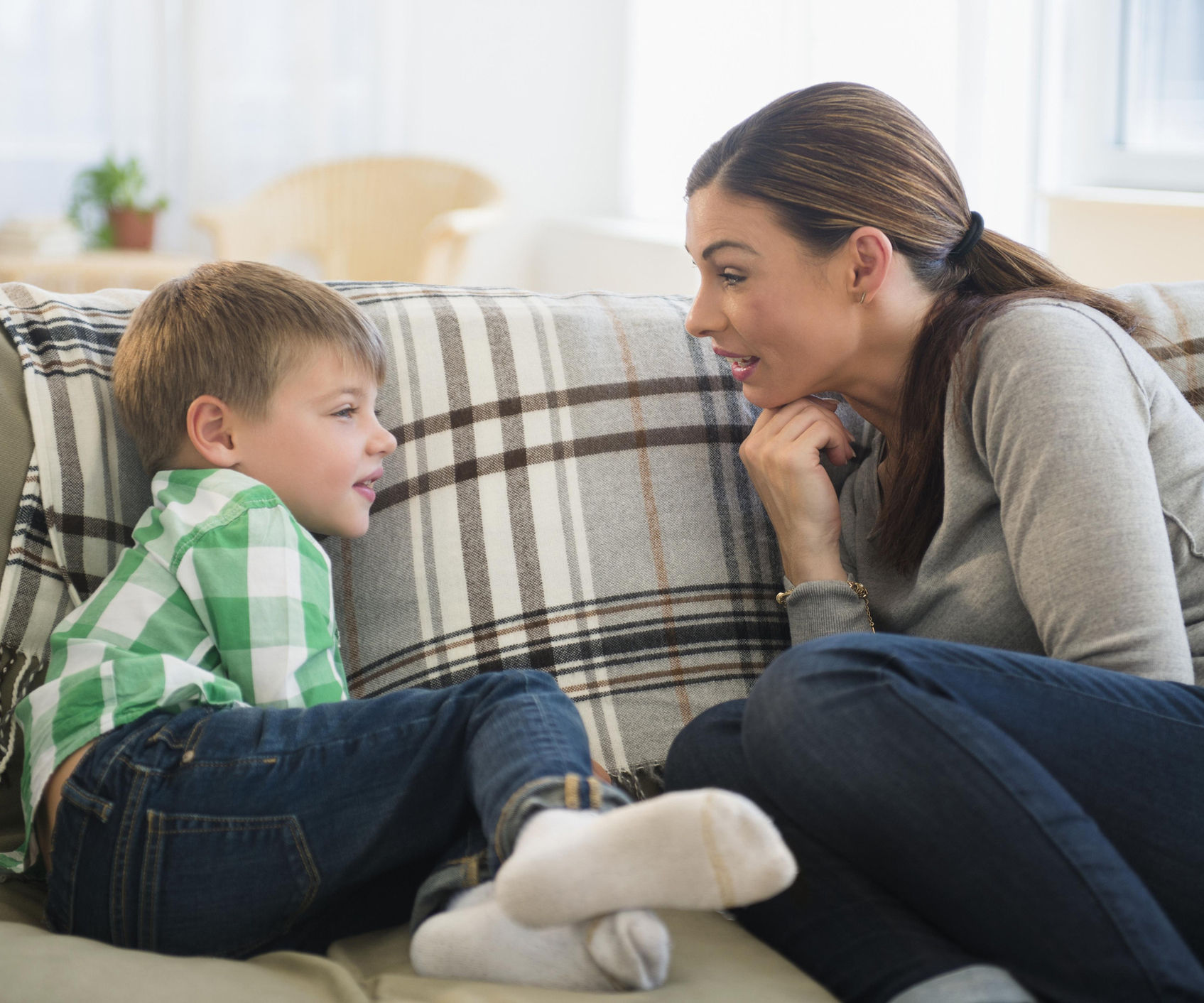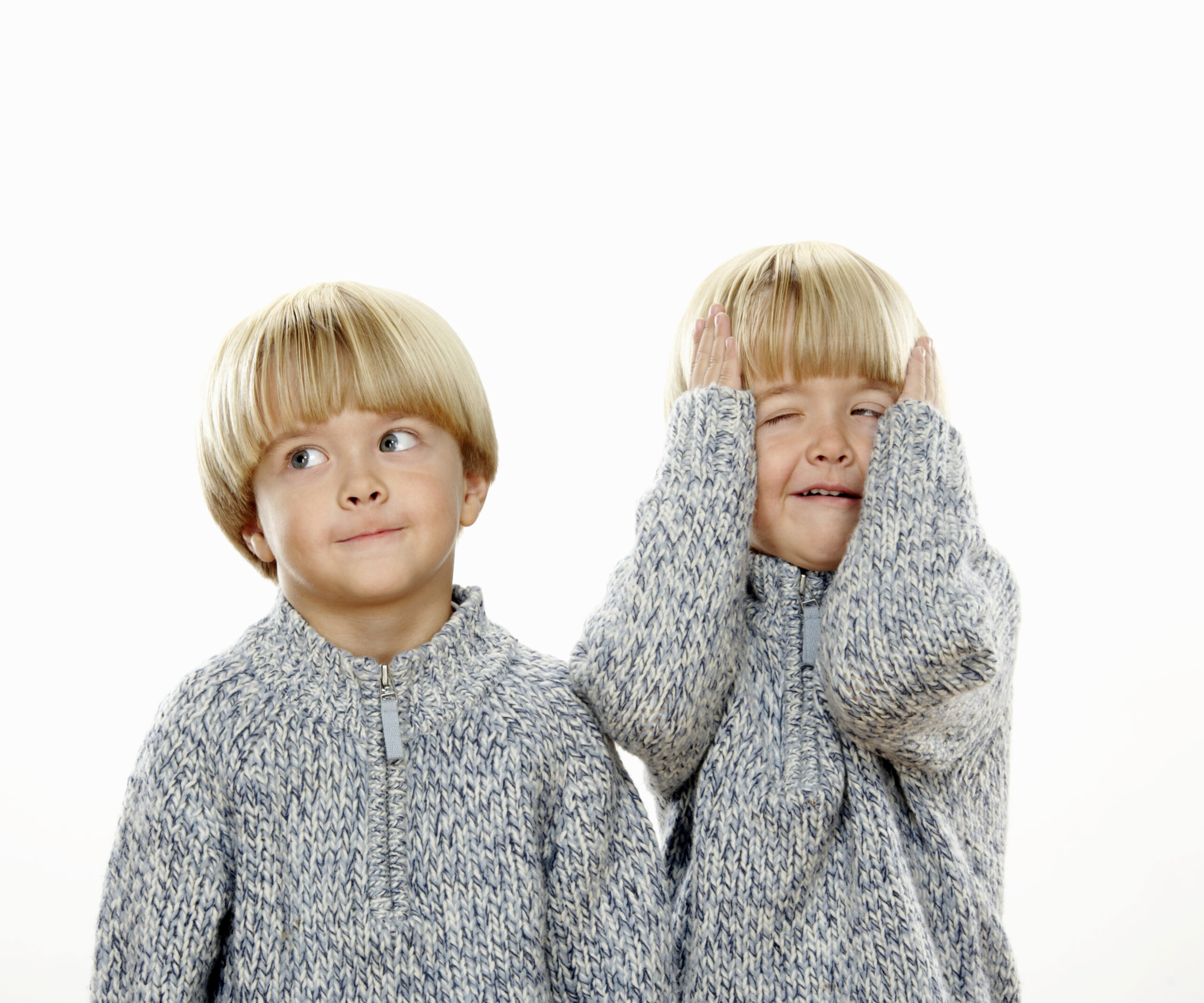I remember when my eldest son came home from school one day when he was five, giggling and snickering and asking us if we had (giggle giggle, cover mouth, snicker): “S…!?” He was absolutely stunned when we replied: “Yes, that’s Mummy and Daddy’s Cuddle Time.”
You see, we’d brought him up to know that Mummy and Daddy have Cuddle Time, and when we have Cuddle Time we make lots of love for each other and for the whole family. He loved cuddles, so that made sense, and he was quite happy to watch Thomas the Tank Engine or build really big space stations out of Lego on a Sunday morning while Mummy and Daddy had cuddle time.
So you can image how much trouble he had reconciling the good, positive Cuddle Time he knew about, with the tawdry, naughty “S” his classmates were snickering about.
I was so pleased that his first understanding of sex was the positive Cuddle Time, and not the negative “S”.
My younger two children have been brought up the same way, and they all have healthy approaches to sex, seeing it as something normal and positive – and something you do when you’re ready. In fact just the other day one school mum said about my 11-year-old: “Thank god for your son, he’s setting all our boys straight!”
I bring this up because I got some flack on the net for comments I made during an interview with a journalist from a teenage girls’ magazine. In the published article I talked about orgasms, and also said that when sex is good it’s very, very good and when it’s bad it’s horrid.
Apparently I wasn’t supposed to imply that sex is supposed to be good in case it encourages teenagers to have sex.
Of course they know it’s supposed to be good! They’re not that naive, especially not these days…
In the old days, pre-internet, we didn’t get a lot of information, maybe a bit of reproduction education at school, perhaps some birds and bees from our parents, so on the whole we had to figure it out for ourselves (some more successfully than others).
These days, it’s a different story.
Young people are naturally curious about sex, so how do they satisfy their curiosity?
If their choices are sterile information about reproduction and disease they get from educators, awkward limited information from their parents, or (in their eyes) the far more interesting and accessible information they get online from porn, well, a lot of them are going for the latter.
So porn becomes the model for sex – after all, everyone seems to be having a good time, aren’t they?
Unfortunately though, no-one is explaining to them that porn is a medium that’s designed to be visually titillating – it’s all about what looks good, not what feels good.
If you want your kids to think that porn is good enough sex education, there’s no need to read on.
But if you want your kids to have a positive attitude to sex, to feel good about their bodies, and understand that their bodies and sexuality can bring great pleasure and enhance their health and wellbeing; if you want your kids to be able to make correct decisions for themselves about when they start to be sexually active, why they choose to be sexually active, and with whom… Then you need to talk to them.
That’s not always easy, given that we adults aren’t always that comfortable with our own sexuality. So you need to sort yourself out: examine and understand your own sexuality, till you feel comfortable enough to speak freely with your kids, providing accurate, positive helpful information.
Even more than that, you need to model a positive sexuality.
That’s the most important element of all.
This story originally appeared on Love Life.
Trending video: Seven Year Switch’s Tim proposes to Jackie


